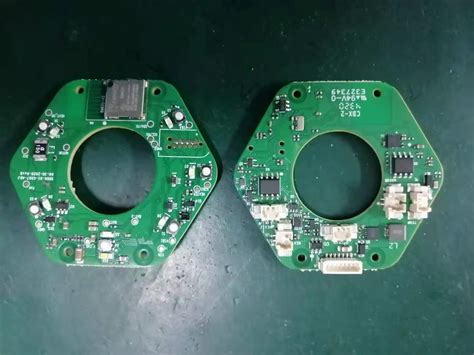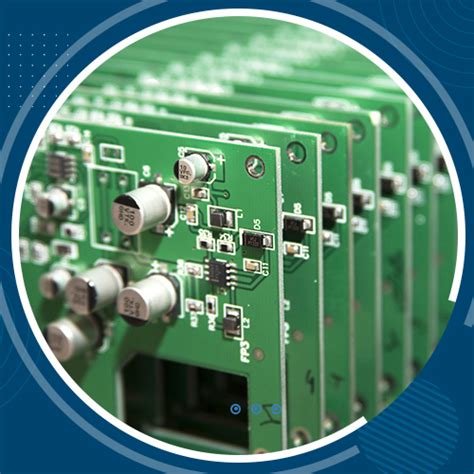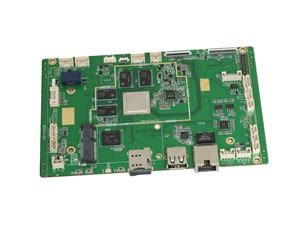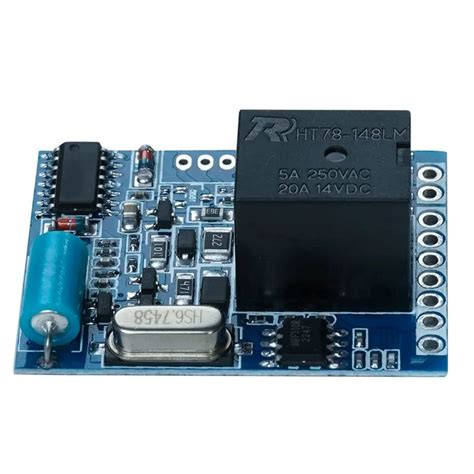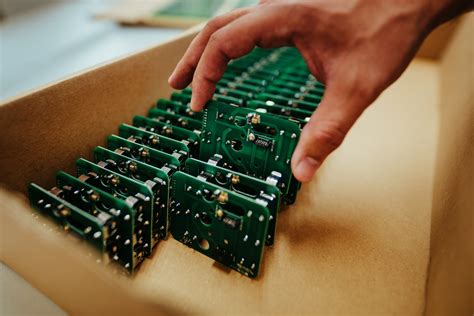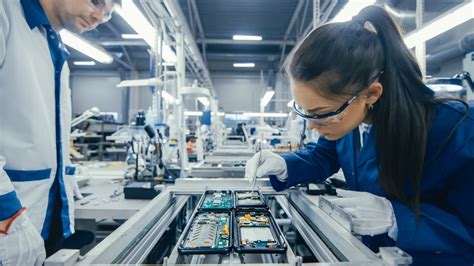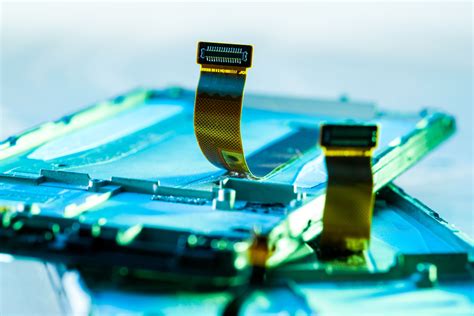Streamline Production with Expert Circuit Board Contract Manufacturing
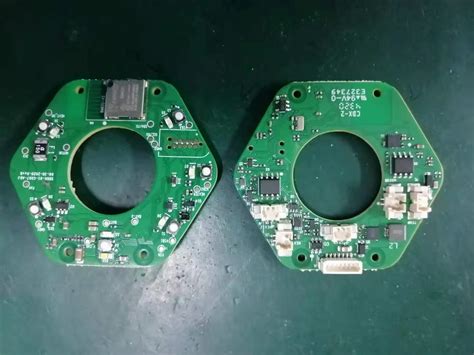
Key Takeaways
When evaluating PCB manufacturing partnerships, understanding core value drivers ensures alignment with your operational goals. Expert PCB manufacturing companies specialize in balancing precision with scalability, particularly for sectors like aerospace and medical devices where compliance is non-negotiable.
| Consideration | In-House | Contract Manufacturing |
|---|---|---|
| PCB Manufacturing Cost | High capital outlay | Predictable per-unit pricing |
| Quality Assurance | Limited expertise | Certified processes (ISO) |
| Supply Chain Flexibility | Fixed capacity | On-demand scaling |
Tip: Prioritize partners with certifications specific to your industry—such as AS9100 for aerospace or ISO 13485 for medical devices—to mitigate compliance risks.
For OEMs, optimizing PCB manufacturing cost structures often hinges on leveraging high-mix production capabilities. This approach not only reduces waste but also supports rapid prototyping for complex applications. Additionally, integrating your PCB manufacturing business with a partner’s supply chain network minimizes logistical bottlenecks, ensuring just-in-time delivery even during demand surges.
By focusing on lifecycle management and traceability, you maintain oversight from design to deployment—critical when adhering to medical or industrial standards. Transparent communication with your PCB manufacturing provider about material sourcing and testing protocols further safeguards against defects or delays.
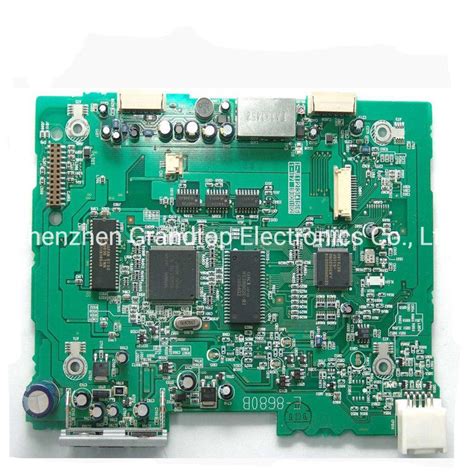
Precision PCB Contract Manufacturing Solutions
When scaling your electronics production, partnering with PCB manufacturing companies specializing in precision engineering ensures your designs meet exacting standards. These providers leverage advanced fabrication technologies—from laser drilling to automated optical inspection—to deliver error-free boards tailored for mission-critical applications. Whether you’re developing aerospace avionics or medical diagnostic tools, PCB manufacturing processes are optimized for multilayer designs, high-density interconnects, and strict compliance with ISO 13485 or AS9100 certifications.
By outsourcing to experts, you mitigate risks associated with PCB manufacturing cost fluctuations, as contract manufacturers consolidate material sourcing and streamline prototyping-to-production workflows. For growing OEMs, this model supports scalable PCB manufacturing business operations, allowing you to allocate resources toward R&D while maintaining tight control over lead times. Leading providers integrate real-time supply chain monitoring, ensuring components align with RoHS and REACH directives without compromising agility. This approach not only reduces overhead but also future-proofs your production against evolving technical demands across industrial and medical sectors.
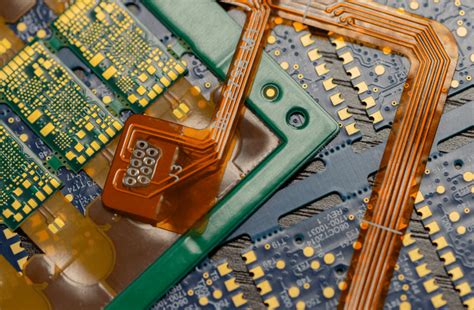
Streamlining Aerospace Electronics Production
When optimizing aerospace systems, you need PCB manufacturing partners capable of navigating stringent quality standards and complex design requirements. Aerospace electronics demand zero-failure tolerance, requiring PCB manufacturing companies to implement rigorous testing protocols, including thermal cycling and vibration resistance checks. By outsourcing to specialized providers, you eliminate bottlenecks in prototyping while ensuring compliance with AS9100 or IPC-6012 specifications.
Advanced PCB manufacturing business models prioritize material traceability and signal integrity optimization—critical for avionics and satellite communications. For instance, high-frequency RF designs often involve multilayer boards with controlled impedance, directly impacting PCB manufacturing cost structures. Partnering with certified vendors allows you to balance precision with scalability, particularly when managing low-volume, high-mix production runs common in aerospace projects.
Transitioning to automated assembly lines further streamlines workflows, reducing lead times by up to 40% compared to manual processes. This approach ensures seamless integration with your supply chain, aligning with broader industrial or medical sector strategies outlined later in this discussion.
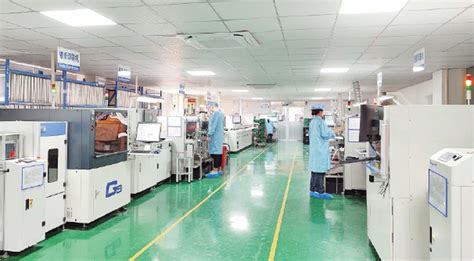
Medical Device PCB Quality Assurance Standards
When designing medical electronics, you need PCB manufacturing partners that adhere to mission-critical quality protocols. Medical devices demand compliance with stringent standards like ISO 13485 and IEC 60601, which govern everything from material traceability to failure analysis. Leading PCB manufacturing companies implement multilayer inspection processes, including automated optical inspection (AOI) and in-circuit testing (ICT), to eliminate defects in high-reliability applications like patient monitors or implantable devices.
Balancing PCB manufacturing cost with uncompromised quality requires expertise in material selection and process optimization. For instance, using biocompatible substrates or implementing controlled impedance routing ensures compliance while avoiding costly redesigns. Scalable testing frameworks also allow manufacturers to adapt to evolving regulatory requirements without disrupting production timelines.
In the PCB manufacturing business, supply chain transparency is non-negotiable. Partnering with certified vendors ensures raw materials meet FDA and EU MDR guidelines, reducing risks of contamination or component failures. By integrating quality management systems (QMS) directly into production workflows, you maintain end-to-end visibility—critical for audits and recalls in life-saving medical technologies.
Transitioning from aerospace or industrial projects? Medical PCB standards prioritize patient safety over speed, making due diligence in vendor selection a strategic advantage for long-term reliability.
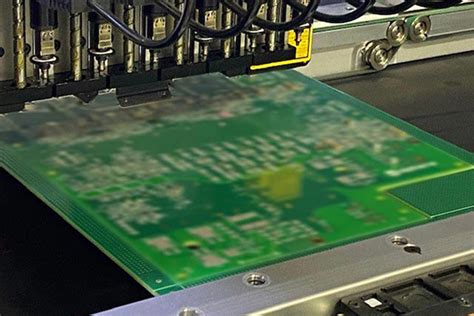
Scalable Circuit Board Assembly for OEM Growth
When scaling your operations, choosing the right PCB manufacturing partner becomes critical to balancing growth with technical and logistical demands. Scalable assembly enables OEMs to adapt to fluctuating order volumes without compromising on turnaround times or quality—key factors when serving industries like aerospace or medical devices. Leading PCB manufacturing companies leverage modular production lines and advanced inventory management systems to align with your expansion goals, whether you’re ramping up prototypes or transitioning to high-volume runs.
A focus on PCB manufacturing cost optimization ensures economies of scale, particularly when integrating automated testing or multi-stage quality checks. By outsourcing to a PCB manufacturing business with expertise in high-mix workflows, you avoid overinvesting in fixed infrastructure while maintaining flexibility for design iterations. This approach also simplifies supply chain coordination, as experienced providers often pre-qualify components to mitigate delays—a common bottleneck in electronics production.
For OEMs, scalability isn’t just about capacity—it’s about aligning technical capabilities with market opportunities. Partnering with a contract manufacturer that offers certified processes (e.g., ISO 13485 for medical devices) ensures compliance while freeing your team to focus on innovation. Whether you’re entering new sectors or refining existing product lines, scalable solutions future-proof your operations against shifting demand.
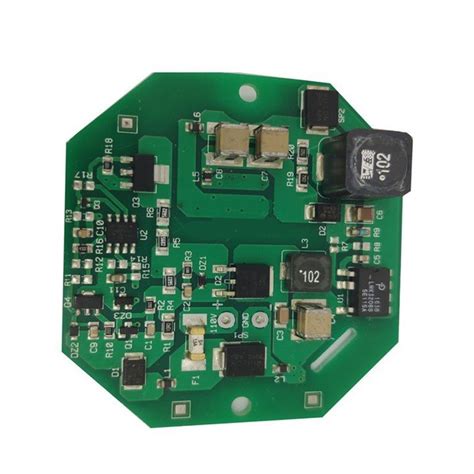
Optimizing Industrial PCB Supply Chain Integration
Integrating your PCB manufacturing processes with a streamlined supply chain ensures operational continuity while mitigating risks like component shortages or logistical delays. By partnering with experienced PCB manufacturing companies, you gain access to real-time inventory tracking and demand forecasting tools that align production schedules with market needs. This coordination minimizes PCB manufacturing cost overruns caused by idle machinery or excess stockpiling, particularly in industries requiring just-in-time delivery.
Advanced PCB manufacturing business models now leverage digital twin technology to simulate supply chain scenarios, identifying bottlenecks before they disrupt production. For instance, automated procurement systems can prioritize suppliers based on lead times, quality certifications, or geopolitical stability—critical factors for maintaining compliance in regulated sectors. Transitioning to such integrated frameworks also enhances scalability, allowing you to adapt quickly to fluctuating order volumes without compromising turnaround times.
To maximize efficiency, ensure your chosen partner offers end-to-end visibility across the supply chain, from raw material sourcing to final assembly. This transparency not only reduces PCB manufacturing cost variability but also strengthens accountability in quality control. By synchronizing these elements, you create a resilient ecosystem that supports both high-volume runs and specialized low-volume projects, positioning your operations for sustained growth in competitive markets.
High-Mix PCB Manufacturing for Complex Applications
When your projects demand diverse PCB manufacturing capabilities for specialized applications, partnering with experienced PCB manufacturing companies becomes critical. High-mix production requires handling varying design specifications, material requirements, and low-to-medium volume runs without compromising quality or lead times. Advanced manufacturers leverage flexible assembly lines and automated testing systems to manage complex orders, ensuring precision across aerospace subsystems, medical monitoring devices, or industrial automation controls.
Balancing PCB manufacturing cost with technical complexity is a key challenge. Reputable providers optimize this through modular workflows, reducing setup times for frequent design changes while maintaining traceability. For businesses scaling their PCB manufacturing business, this approach minimizes downtime and inventory waste—critical when servicing sectors with stringent compliance standards. By aligning with partners skilled in high-mix environments, you gain access to cross-industry expertise and scalable capacity, enabling seamless transitions from prototyping to full-scale production without overextending internal resources.
Cost-Effective Contract Manufacturing Strategies
When scaling your electronics production, managing PCB manufacturing cost without compromising quality is critical. Partnering with experienced PCB manufacturing companies allows you to leverage economies of scale, advanced automation, and optimized material sourcing to reduce overhead. By outsourcing to specialists, you avoid the capital-intensive investments required for in-house PCB manufacturing business setups, such as equipment procurement or facility upgrades.
A key strategy involves design-for-manufacturability (DFM) reviews, where engineers refine your board layouts to minimize waste and streamline assembly. This proactive approach reduces rework and material scrap, directly lowering PCB manufacturing expenses. Additionally, flexible pricing models—like volume-based discounts or consignment inventory programs—help align costs with project timelines.
To further enhance affordability, prioritize suppliers offering end-to-end transparency in their processes. This includes detailed cost breakdowns for components, testing, and logistics. Reputable PCB manufacturing companies often integrate supply chain analytics to identify bottlenecks or price fluctuations, enabling proactive adjustments.
Finally, consider hybrid manufacturing approaches: combine high-volume production for standard boards with low-volume, high-mix capabilities for specialized designs. This balances PCB manufacturing cost efficiency with the agility needed for evolving market demands. By aligning your strategy with partners who prioritize both precision and fiscal discipline, you maintain competitiveness without sacrificing reliability.
Ensuring Compliance in Critical Sector Electronics
When sourcing PCB manufacturing for aerospace, medical, or industrial applications, compliance isn’t optional—it’s foundational. Regulatory frameworks like ISO 13485 for medical devices or AS9100 for aerospace demand rigorous adherence to design, testing, and documentation protocols. Partnering with PCB manufacturing companies that specialize in critical sectors ensures your designs meet exact material specifications, traceability requirements, and environmental resilience standards.
Balancing PCB manufacturing cost with compliance often requires scalable processes, such as automated quality checks or failure mode analysis, to minimize rework. For instance, medical-grade boards necessitate biocompatible materials and sterilization compatibility, while industrial systems prioritize shock resistance and extended thermal tolerances. A trusted PCB manufacturing business will integrate compliance into every stage, from prototyping to full-scale production, ensuring seamless audits and faster time-to-market.
By aligning with partners who prioritize regulatory expertise, you mitigate risks like supply chain delays or non-conformance penalties. This approach not only safeguards product integrity but also strengthens your reputation in sectors where zero-defect performance is non-negotiable.
Conclusion
When navigating the complexities of modern electronics production, partnering with specialized PCB manufacturing companies offers a strategic advantage. By outsourcing to experts, you gain access to advanced technical capabilities while mitigating risks associated with PCB manufacturing cost fluctuations and supply chain disruptions. Whether your focus is on aerospace-grade reliability, medical device compliance, or industrial automation scalability, a trusted PCB manufacturing partner ensures your designs meet rigorous quality benchmarks without compromising timelines.
The right collaboration transforms your PCB manufacturing business from a logistical challenge into a competitive asset. Transitioning to contract manufacturing allows you to allocate resources toward innovation while leveraging economies of scale for high-mix, low-volume projects. Proactive communication and transparent workflows further bridge gaps between design intent and production reality, ensuring seamless integration across sectors. As industries evolve, aligning with adaptable partners becomes critical to maintaining agility in an era defined by rapid technological shifts and ever-tightening compliance standards.
FAQs
How do PCB manufacturing companies ensure compliance with medical device standards?
Reputable providers implement ISO 13485-certified processes and rigorous testing protocols, including automated optical inspection (AOI) and functional testing, to meet stringent medical sector requirements.
What factors influence PCB manufacturing cost for aerospace applications?
Costs depend on material selection (e.g., high-temperature substrates), layer complexity, and compliance with AS9100D standards. Scalable production models help balance upfront investments with long-term ROI.
Can PCB manufacturing services support high-mix, low-volume projects?
Yes, advanced providers utilize flexible assembly lines and just-in-time inventory systems to efficiently manage diverse projects, from prototyping to specialized industrial applications.
How does partnering with PCB manufacturing businesses improve supply chain resilience?
Established partners offer dual-source component procurement and real-time production tracking, reducing bottlenecks in industries like automotive or telecommunications.
What certifications should you prioritize when selecting PCB manufacturing companies?
Look for ISO 9001, UL listing, and industry-specific credentials like ITAR for defense projects or IEC 60601 for medical devices.
Ready to Optimize Your PCB Manufacturing Process?
Explore tailored solutions for your industry needs—please click here to connect with specialists in precision contract manufacturing.

